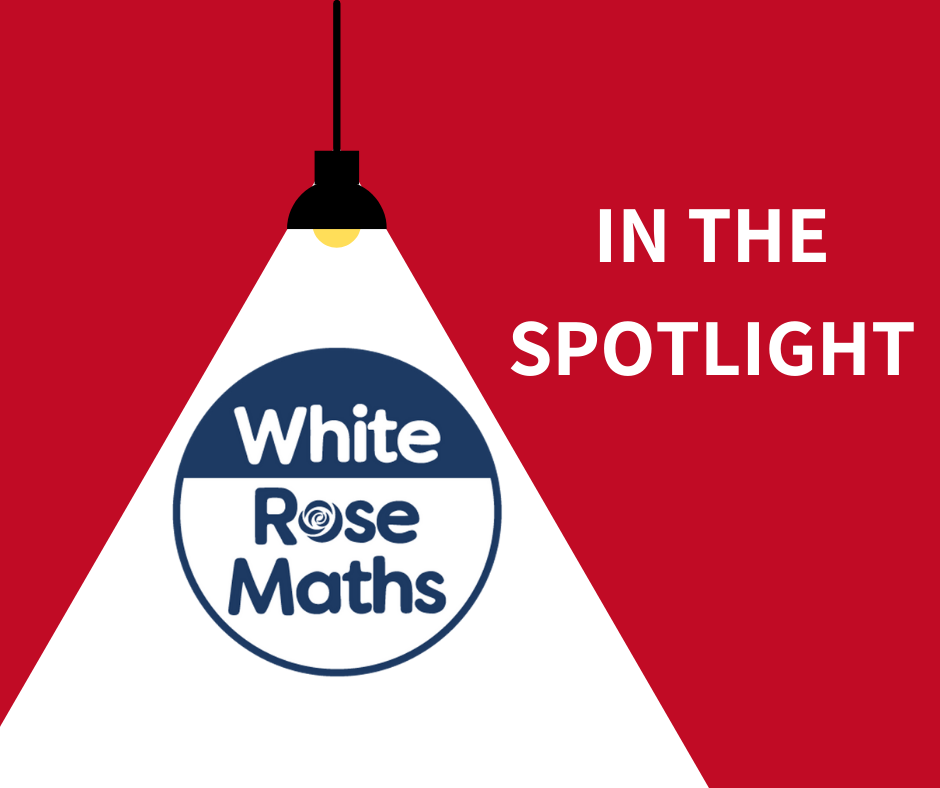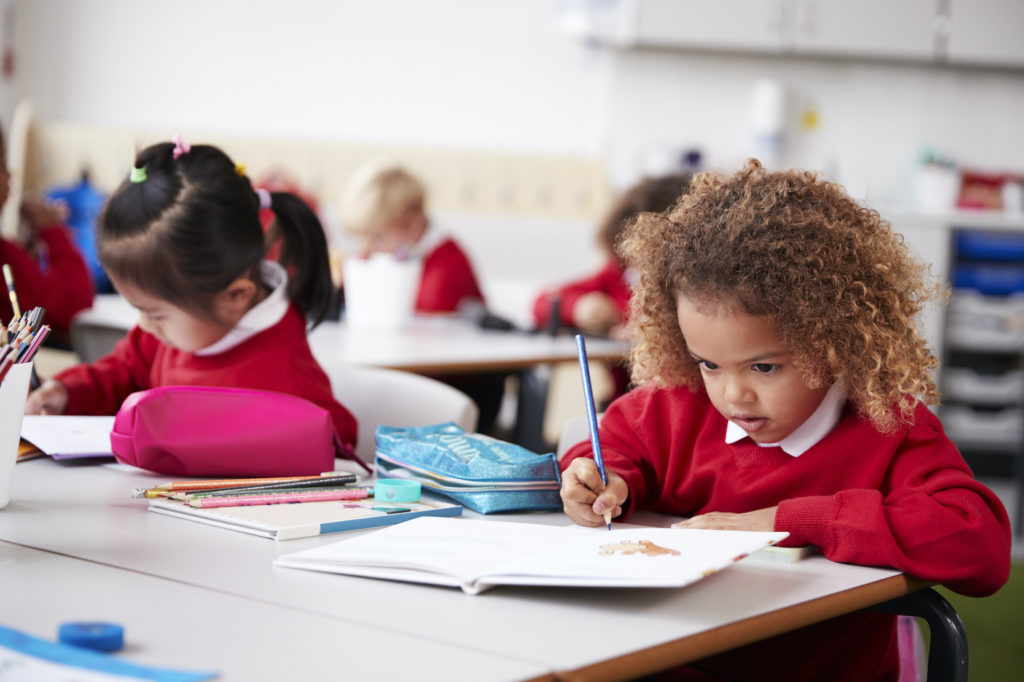In February 2020, St John’s Foundation launched its ambitious ten-year strategy, alongside the creation of its new Foundation Fund – a fund established with the specific aim of narrowing the key stage 2 attainment gap for children living in Bath and North East Somerset.
The Primary Empowerment Programme is one of the Foundation Fund’s workstreams that is focused on providing children with additional support with foundational reading, writing, oracy, and mathematics, as well as emotional and behavioural support. This programme is working with seven schools across the local area that have high levels of disadvantaged children on their registers. In 2021 by working together, the schools and St John’s identified six delivery partners who could provide additional support to these disadvantaged children.
Our spotlight series shines a light on the delivery partners who are working alongside the Primary Empowerment Programme schools to provide readers with an update on the work being delivered to improve children’s lives.
This month, we sat down with Cerys Stevens, Teaching and Learning Consultant at Bristol City Council.
Can you tell me a bit about Reading Recovery?
At Bristol City Council, we believe all children can learn to read and write. To make this belief a reality, we run a literacy intervention programme for children aged around six experiencing the most difficulty in literacy learning. The aim of the Reading Recovery programme is to help each child reach their age-related expectations for reading and writing within 12-20 weeks. Each programme we undertake is bespoke to the child we are working with, and specially designed to meet their exact needs. We have high expectations for each pupil enrolled on the intervention and we use careful observation and highly skilled teaching to ensure the programme’s success.
Our teachers become expert literacy intervention teachers through an on-going professional development programme. The investment for schools is a fantastic opportunity as it supports those children who have slipped through the net and are struggling to catch up. The expertise of the Reading Recovery teacher is a valuable resource for the whole school.
How did the pandemic affect the way you reach children and help them with learning?
This is a big question, with a few different answers. As we know, during the pandemic, the gap between disadvantaged children compared to their better off peers, widened. The time spent by disadvantaged children in school is crucial. There are now more children for whom Reading Recovery should be treated as essential.
That’s why we did our best to continue our work with our children, in person. Many of the children we teach were still at school every day. For those that couldn’t come in and were learning at home, our teachers delivered lessons remotely. This wasn’t quite the same as our face-to-face lessons, but everyone did their best. In other cases, our Reading Recovery teachers invited pupils into schools specifically for just their lessons.
It is essential the programme is prioritised as it is resource intensive, so there is a strong desire on the part of the school, the pupils, and us to minimise wasted time. For some pupils this is their chance to access the help they need to learn to read and write.
Why are you working with the Foundation Fund?
The vision of the Foundation aligns closely with our own. We work with children who need the most help and support, which is exactly what the Fund has been set up to achieve.
Because of the long term nature planned for our intervention, we can evidence with data the progress we make with each child and the development they’ve made. We have many case studies demonstrating the impact Reading Recovery makes to a child’s happiness and wellbeing. For example, one little boy who was enrolled on the programme found it difficult to be in his classroom due to his frustrations. After 12 weeks of Reading Recovery he was able to join his classmates, and he considered himself a learner. It was wonderful to see and hear. Although the intervention’s main focus is ensuring children meet their age-related education expectations in reading and writing, seeing the wellbeing of children simply improve is so meaningful.
Eight out of every 10 children who complete the intervention catch up with their classmates. The programme has been running in the South West for 20 years which has enabled us to learn lessons from the past and sharpens our awareness and monitoring of the present, to fine tune our efforts.
When I heard about the Foundation Fund through my colleague, we reached out and shared our data and were lucky enough to be awarded a position as Delivery Partner.
How will you be working with the Fund?
We are working with the Foundation Fund in a few different ways. The schools within the programme are already engaging so well with us. The teachers we started training in September are already halfway to gaining their qualification. This means that when they are qualified their school will have a Reading Recovery teacher in it permanently to work with children who are struggling.
Secondly, we’ve been busy observing children in school and carrying out reviews of reading provision. We want to understand the attainment and progress of pupils, and how we can best provide provision to them in learning to read. From here we will be supporting the best possible way for each school on its own journey. This will be by providing professional development opportunities for staff to support their pupils in the area of development that is most important to them at this time.
What are your key objectives/ what are you trying to achieve by working with the Foundation Fund?
Our key objective is to get the children we work with reading and writing in line with their peers. How hard or easy this will be depending on the starting point of the pupils, which is why our programme is bespoke to each child’s strength and needs. I have seen children make up to 2 years progress within the 20 weeks, which is such an achievement.
The Reading Recovery programme has gone from strength to strength with 8/10 of our pupils meeting their age-related expectations within 20 weeks. I wanted to share some feedback with you from children in the programme.
Teacher: “How did you feel about reading when you first started with me?”
Child 1: “I was shy, I was not that good at reading. I feel good about reading now. I can read now. I get better when I read with you.”
Teacher comments: “It’s so nice that Child 1 can access the intervention now. It’s taken a barrier away from their learning.”
Teacher: “Do remember how you felt about reading before we worked together? What did you do when you were asked to read?”
Child 2: “I felt cross. I used to run out the door.” This is true. Child 2 was finding school very difficult to manage. They had very low self-esteem and would bang their head with their hand and regularly shout ‘I can’t do this’. They were also regularly running out of class.
Teacher: “How do you feel about reading now?”
Child 2: “I feel good about the reading. I can read books now.”
Child 2’s teachers have noticed a vast improvement in their attitude to learning. They have also been working hard in class to help them see themself in a more positive light. There is a lot more positivity in them and they haven’t run out of class for a month or so now.



